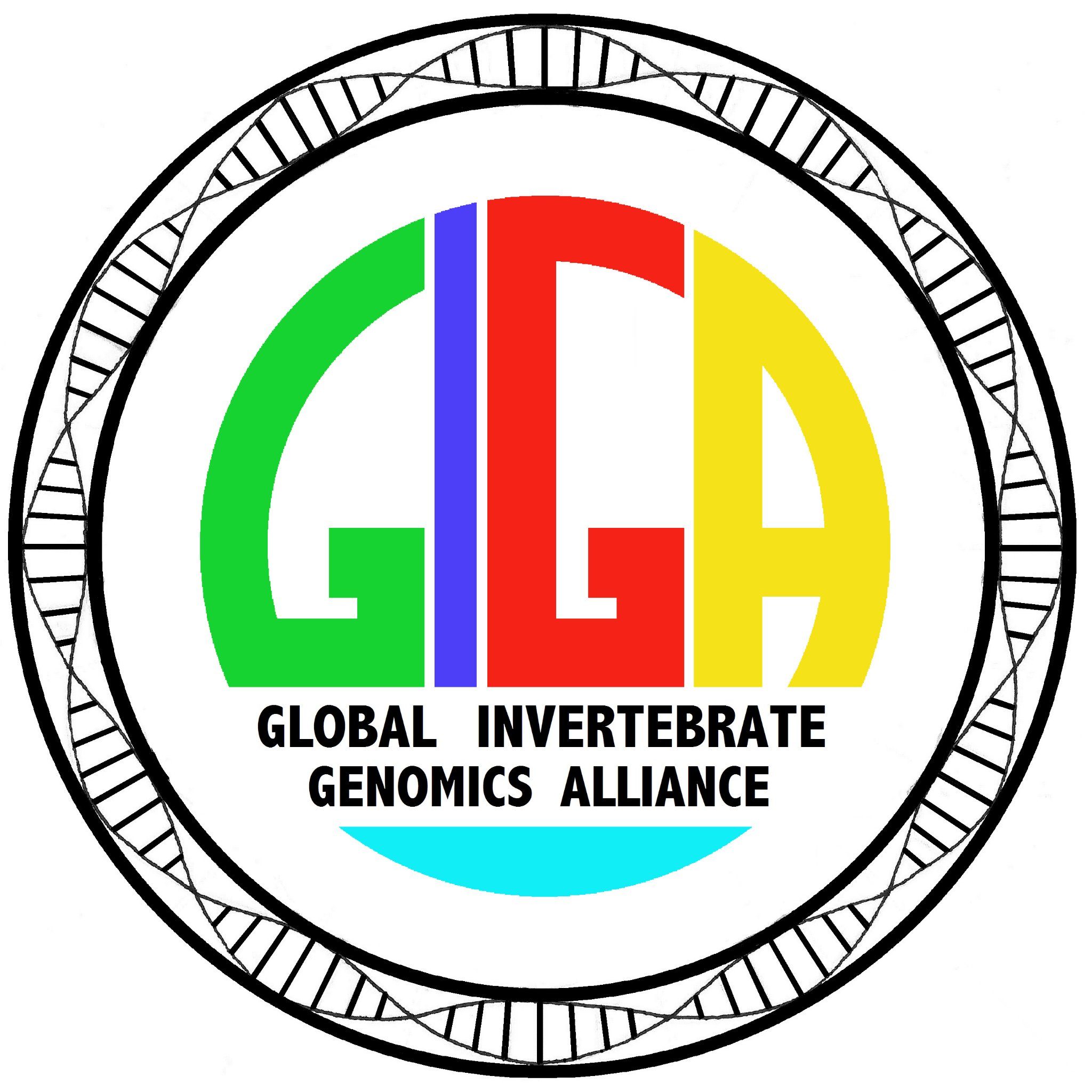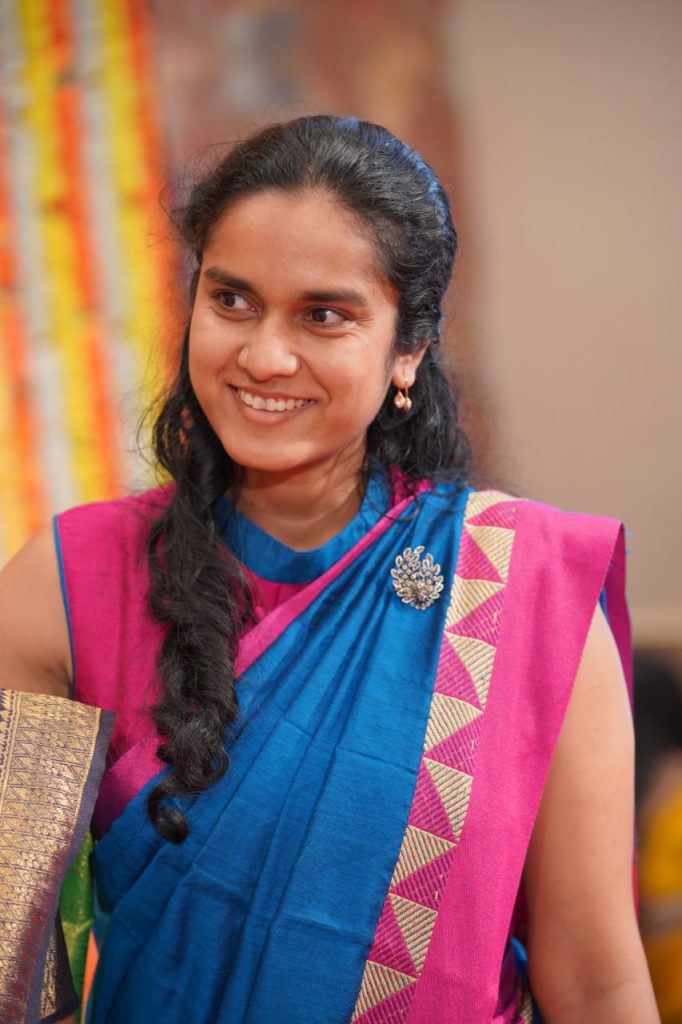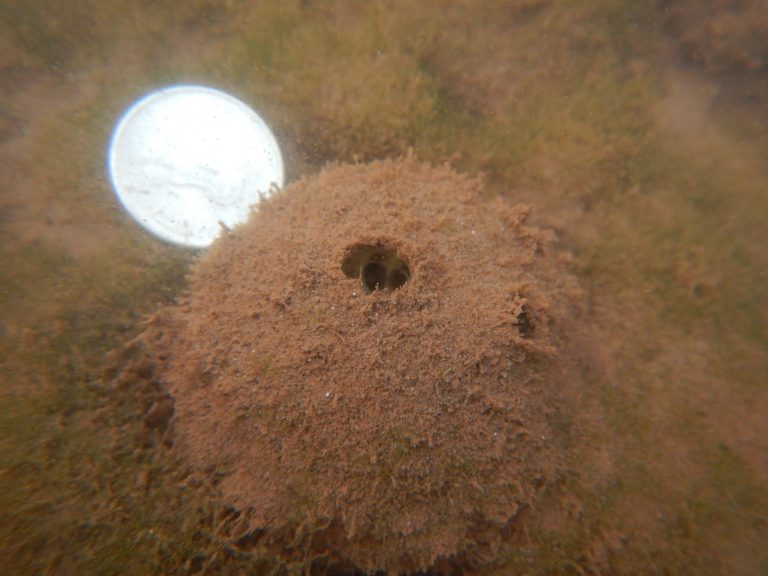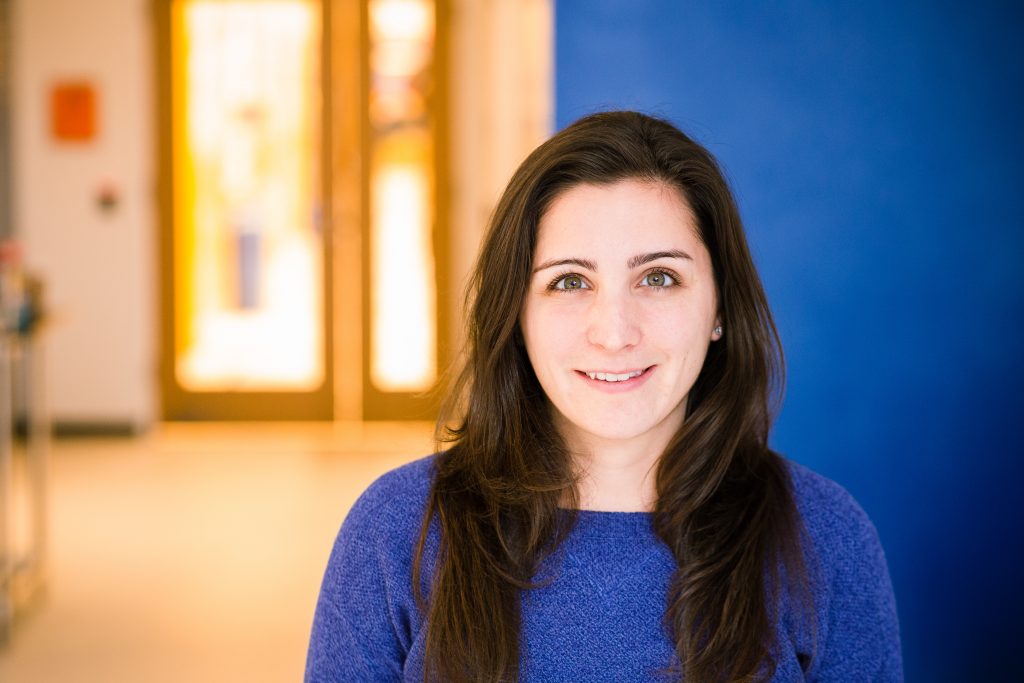By Dr. Kate Castellano
Growing up on the coast of Connecticut, I have always been fascinated by the ocean and the many organisms that live below the surf. It wasn’t until I met a marine scientist on a trip to Belize that I became aware of marine research as a career possibility.
This discovery led me to the University of New England, where I earned my bachelor’s degree in Marine Science and began working in a research lab. There, I learned more about genetics and its utility in understanding species biology, adaption to extreme or changing environments and ability to aid conservation efforts.
After college, I wanted to build my genetic laboratory skills so before entering graduate school, I worked as a research associate at Yale University studying early development in zebrafish. With the goal of creating and utilizing genetic and genomic tools for understudied marine non-model organisms, I pursued a PhD at the University of Connecticut. My work, and recently defended PhD thesis, focused on two species of tunicates, Salpa thompsoni and Salpa aspera, that are experiencing rapid population explosions due to warming oceans which required the development of genomic tools.
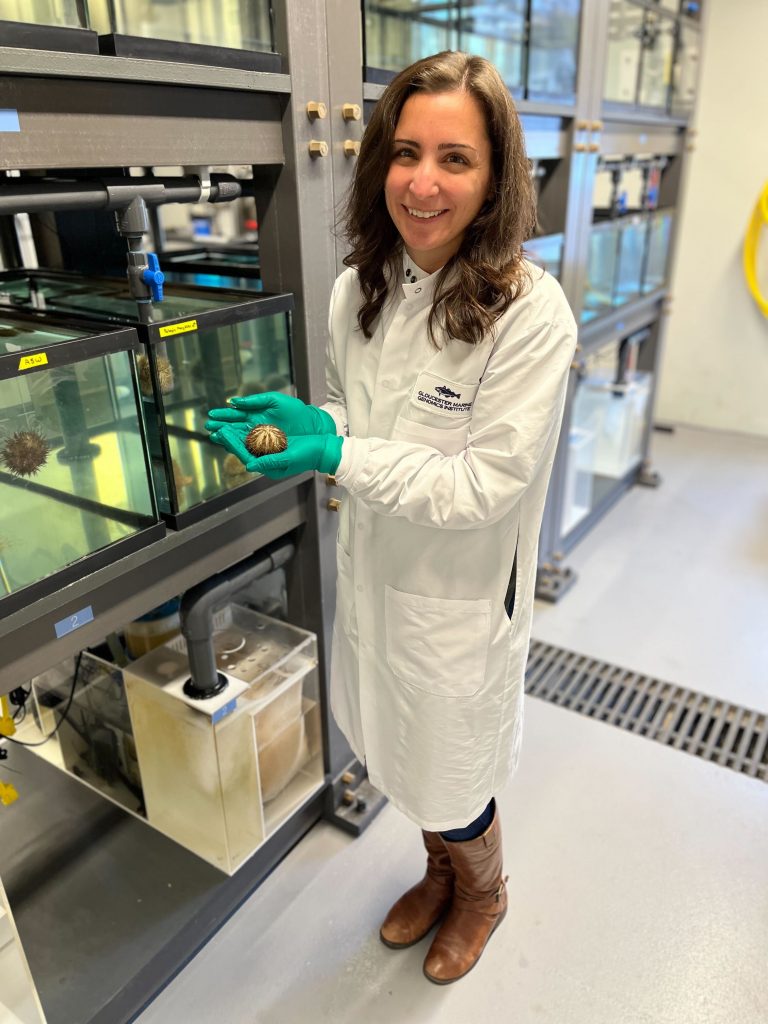
During my PhD, I received the first GIGA fellowship in Invertebrate Genomics which supported the genome assemblies of S. thompsoni and S. aspera and in turn revealed new genomic architecture important for gene regulation. The work I have done with GIGA’s support extends beyond the genomes of S. thompsoni and S. aspera becoming part of our genome workflow for other understudied marine species. This is important because genomic tools are still lacking for most marine organisms, making it difficult to truly understand their biology.
Currently, I am a Postdoctoral Scientist at the Gloucester Marine Genomics Institute where my research interests have also expanded to human health, focusing on understanding aging and longevity in the long-lived red sea urchin.
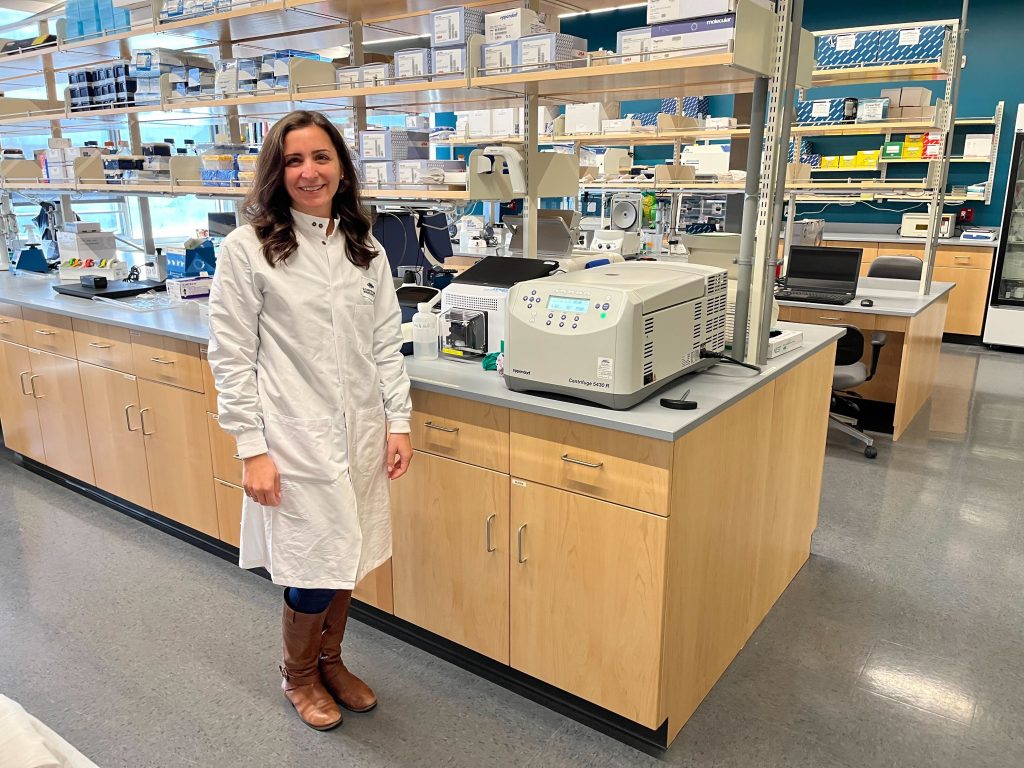
In addition, I am further developing sea urchins as a model and creating tools for functional genomics. My ultimate goal is to develop methods and pipelines for myself and others to establish more marine organisms as models through the creation of high quality genomic, transcriptomic and functional genomic tools to answer questions about basic biological functions, genome dynamics, adaptation and human health.
